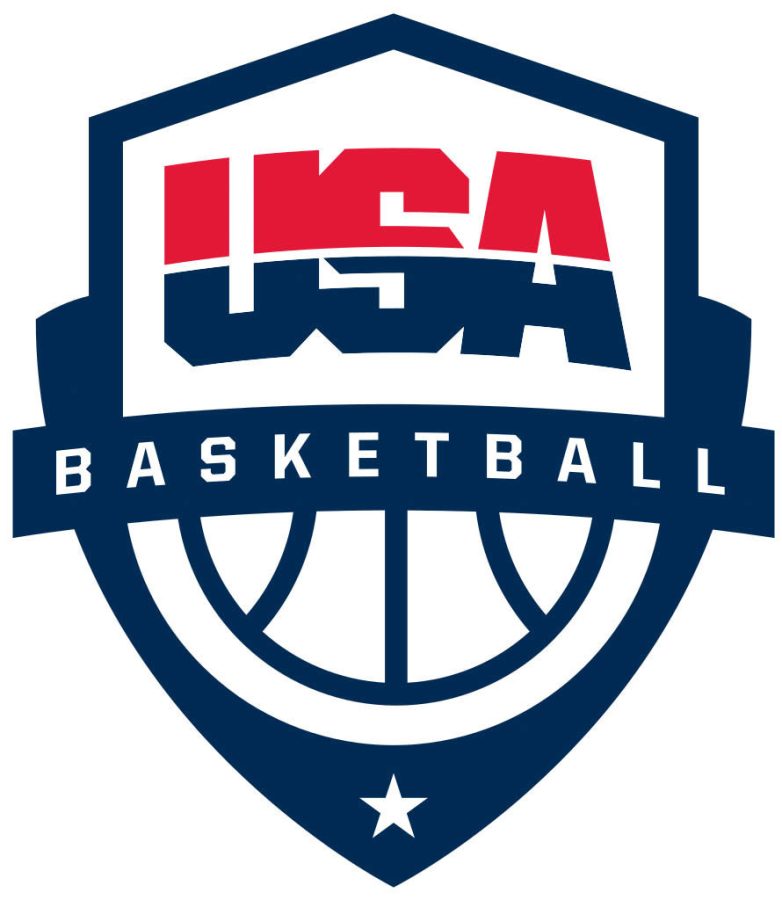Basketball is back … well, it was almost back, in the United States at least. For the rest of the world, the rapid progression toward the Federation of International Basketball Association’s, or FIBA’s, 2019 World Cup is anything but slowing down.
The road to hoisting the coveted international title is rough, heating up, and will include a stacked and diverse cast of global elites going against each other on the hardwood. Though, as of just recently, this road will be missing the notoriously dominant powerhouse that is the United States International Team.
Team USA, who in the past has been recognized for its star-studded rosters, even at times in history being so good as to be recognized as some of the greatest overall teams ever concocted, was just eliminated from World Cup contention by France in the Quarter-Final match. Team USA failed to even medal for the first time since 2002, which raises the question: The United States has vastly and by far been nodded to as the most dominant nation of basketball players for decades, so what has happened?
America is the home of basketball. Created in Springfield, Massachusetts, it comes as no surprise to anybody the reign the United States has held over the rest of the world in the sport it itself birthed. That is almost expected. However, over time, as natural progression has run its course, things have changed, and rather drastically. From claiming Olympic medals to clean sweeping entire tournaments, Team USA has gone from seemingly feared to almost certainly feeble. But, is it the increasing skill of teams across the globe that has hindered the United States ability to maintain their status as top dog, or have internal difficulties and shifting priorities proven too much the change for the nation to endure without facing regression?
Looking outwards, it is without question a reality that basketball’s dispersion the world over has brought with it a diverse abundance of talent. Within the most popular of leagues in the world, the National Basketball Association, 108 international players from a record-tying 42 countries and territories were on opening-night rosters for the 2018-19 season. The ability of these players is not simply limited unto making the league, but All-Star teams even, and when in the offseason, such players bring their talents back to their home country to represent them on the world stage. Countries such as France, Australia, and Serbia have emerged as legitimate long-term contenders for bragging rights to best teams in the world, and America seems to be cowering more and more to such precedent. The fight of the nation is surely still there in each and every player and coach, however those who represent us in said fight simply may not be the best equipped.
Within the country, there has certainly been no shortage of adversity surrounding the establishment of Team USA. Duke University’s head basketball coach, Mike Krzyzewski, or Coach K, was the Team USA head coach from 2006–2016. In that span, Coach K compiled an overall record of 75–1. He handed the head coaching reigns to longtime assistant and San Antonio Spurs head coach Greg Popovich, whom himself has proven within the NBA his outstanding ability to lead, however whose promotion was far from the only change in level of pedigree within the team. In the 2014 FIBA World Cup, the roster of Team USA was star-studded to say the least. Led by soon-to-be NBA Champion Kyrie Irving, upcoming first-ever unanimous MVP in Steph Curry, and also eventual MVP James Harden, in addition to a supporting cast of more All-stars, MVP’s and dominant forces in their own rights, the 2014 Team USA was an ideal representation of American dominance in basketball over the rest of the world. Between that team and this year’s current team, one could make the argument the face of USA basketball has downgraded in more than one way. On this version of Team USA, the roster included enough more than capable players, however nowhere near as many, nor did any have the experience needed to lead a nation of all the rest in the world. Kemba Walker, the arguable leader of the team, is a 3x All-Star, and was aided by only one other, 1x All-Star Khris Middleton, and a cast of younger, much more inexperienced players. The superstars of the NBA, who historically have come to be the face of the country on the international stage, no longer turn out as they once did. And whether it be for fear of injury, or preservation of legacy, the entire country is faced with bearing the cost.

